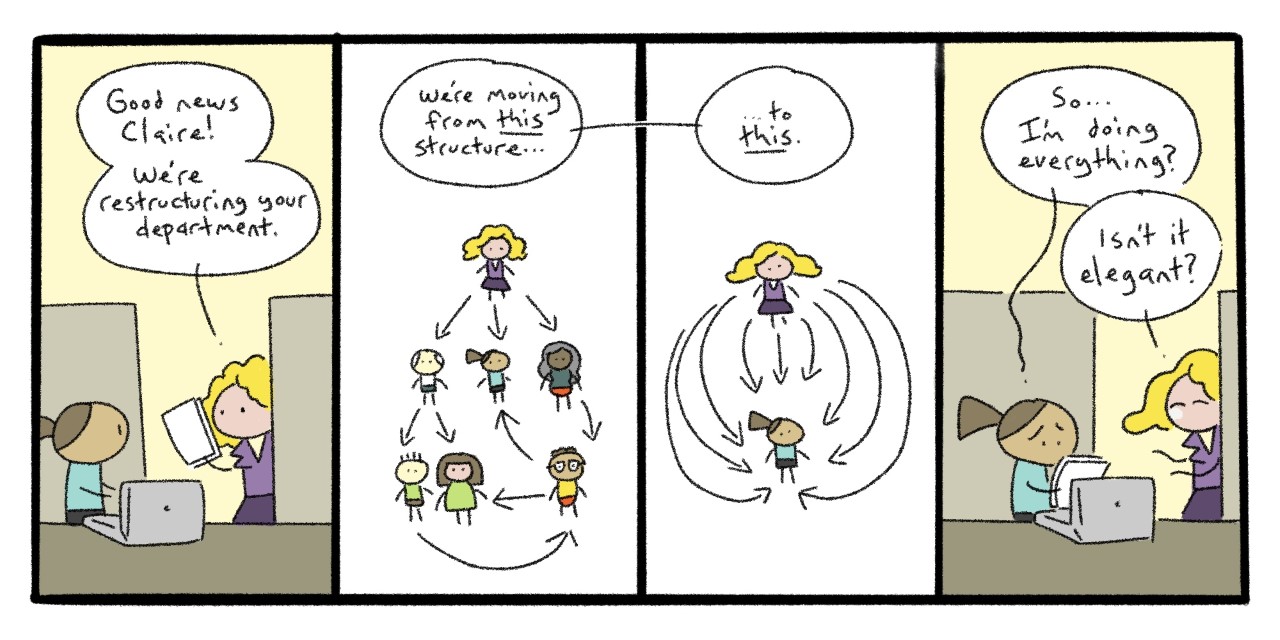The classics never go out of style, which is why Simon & Schuster has published a new edition of How to Win Friends and Influence People more than 85 years after Dale Carnegie’s legendary 1936 original basically invented the self-help genre. Many of the changes update obsolete technological references and emphasize gender-neutral language to appeal to young readers — but even so, can a (nearly) century-old book possibly be relevant to zoomers?
We asked Joe Hart, president and CEO of Dale Carnegie and Associates, which has 200 franchised leadership training operations worldwide.
“Human nature hasn’t changed in 86 years,” Hart says. “The principles [Carnegie] identified are that everyone wants to be understood, appreciated and respected — and this hasn’t changed over time. In fact, these qualities are maybe even more important today than they ever have been.”
Over 30 Million Copies Later, Still Ahead Of Its Time
Hart believes that Carnegie was essentially spreading the tenets of diversity, equity and inclusion “years before DEI became a corporate training objective.” He’s also convinced Carnegie’s advice to managers would appeal to Gen Z, who have strong feelings about work-life balance and abusive behavior.
“There needs to be psychological safety in the workplace — the belief that an employee can speak up without the risk of punishment, retaliation or humiliation,” Hart says. “A lot of managers have no idea that they create such environments… Supervisors can either motivate or demotivate. This is one of the chief reasons why people leave.”
Younger workers are also demanding remote work flexibility. Although Carnegie probably couldn’t have fathomed Zoom back in the 1930s, Hart says the organization that bears his name was ahead of the curve here — and that companies resistant to hybrid schedules are spitting into the wind.
“[We] have been using video meeting platforms and virtual instructor-led training for more than 10 years,” Hart says. “The pandemic simply accelerated what was already well underway. You can blame technology, or you can look deeper at the relationships within your organization.”
What’s old can be new again — especially in a world of friend requests where everybody wants to be an influencer.






